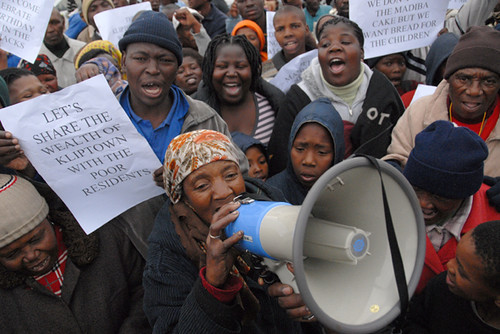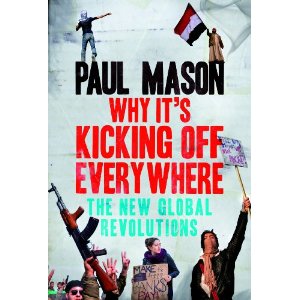Marxist theory
Paul Le Blanc: International conference in China on Lenin’s thought

Paul Le Blanc presents the keynote address to the international conference on “Lenin’s thought in the 21st century: interpretation and its value”, held October 20-22, 2012.
[Read more by (and about) Paul Le Blanc HERE and more on Lenin HERE.]
By Paul Le Blanc

Audio of the talk, "Marxism and Women's Liberation", presented by US International Socialist Organization leader Sharon Smith at Socialism 2012, on June 28, 2012.
See "Left debate: Organising women against sexist violence". For more discussion of feminism, click HERE.
By Rosa Louverture
Marta Harnecker: Conquering a new popular hegemony

"In recent years, and in increasingly more countries, growing multitudes have rebe
Doug Lorimer's introduction to 'Imperialism: The Highest Stage of Capitalism'
Introduction by Doug Lorimer
Get Political! slideshow: Introduction to Marxism
Introduction to Marxism
March 28, 2012 -- Links International Journal of Socialist Renewal -- More than 50 key figures on the left including Ian Angus, John Riddell, Patrick Bond, Paul Le Blanc, China Miéville, Ken Loach, Lindsey German, Alex Callinicos, Suzi Weissman, Michael Yates and Immanuel Ness have backed Pluto Press' Get Political! campaign urging activists fighting for the 99% to draw inspiration from the lives and writings
Paul Le Blanc: Why Occupy activists should read the greats of revolutionary socialism

[Read more from Links International Journal of Socialist Renewal on Lenin,
An exchange on Marx and Engels and 'small is beautiful'
[Links International Journal of Socialist Renewal urges its readers to consider taking out a subscription to Monthly Review, where this article
'Uneven and combined Marxism' within South Africa’s urban social movements

A protest by Kliptown Concerned Residents and the Anti Privatisation Forum.
Michael Lebowitz on John Holloway's 'Change the World without Taking Power'


